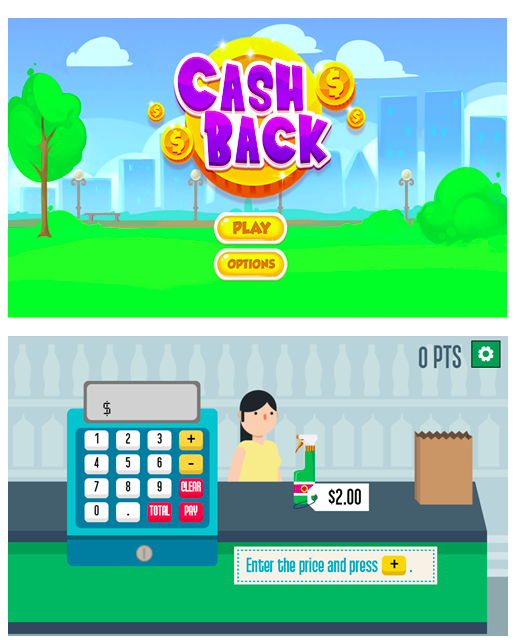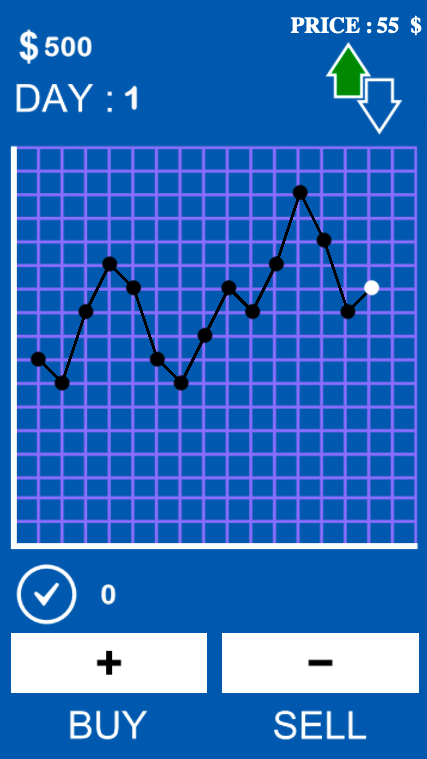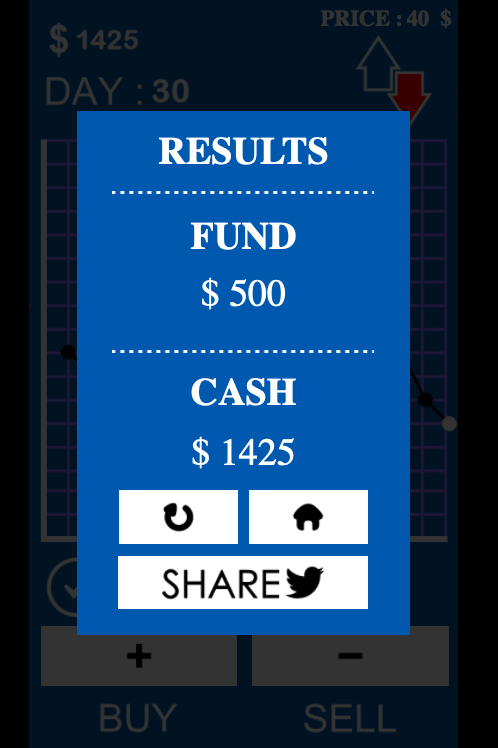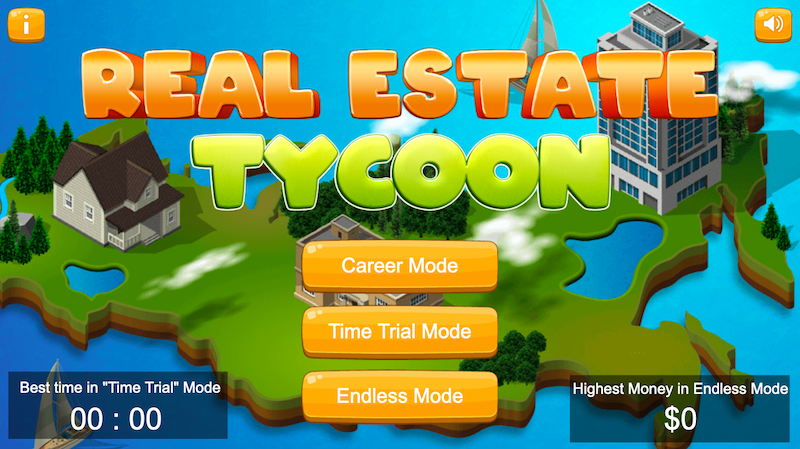Many people believe that having business sense is inherited. I think it can be developed. Most of us want our children to have business sense in them. Of course, not all of them will end up in business but engaging in any career (even for those who end up as homemakers) requires basic knowledge of business.
However, these generation’s kids do not learn the same way most adults of earlier generations do. This generation, that grew up with the internet and social media, learns more experientially rather than reading a textbook or listening to lectures in class. Most of them love to play games.
One of the best ways to keep their attention and improve their retention, all while entertaining them, is by combining learning with entertainment. By turning a lesson into a game, kids are drawn into the “fun” part while subliminally absorbing the “lessons” through decisionmaking they do in the game. This is the concept behind gamification.
Business games can take many forms. On this site, I found different innovative ways that business games can enrich and build a solid business foundation for our kids.
Dealing with Money

Everyone deals with money so a solid foundation in mental computation is important. Online games put the fun into money. A game like Cash Back teaches kids to combine currency of different denominations to product the exact change. Grocery Cashier, on the other hand, familiarizes kids with a virtual cash register. They ring up purchases, accept cash or gift certificates, and provide change. Kids will love playing supermarket cashier.
Stock Trading
There are stock trading simulation games out there but they are designed for adults and involve complicated trading scenarios. Kids can also be introduced early on to the concept of stock trading. It can be as basic as making them understand how to “Buy low and sell high”. This Stocks game, for example, is played over a 30-day period (1 day is just a few seconds in this game) where you decide when to buy or sell depending on a random market movement.
I tried the game out and after the 30-day period, I almost tripled my initial investment. If only it was real, haha! Just remember that this game does not really reflect reality as most stock traders buy and sell over longer periods of time and not day to day but it gives kids an idea of how stock prices move depending on the economic cycle.
There is a game improvement I would want to suggest though. I felt the stock movements went too fast and I ended up just randomly clicking Buy or Sell without really having the time to think through the decision. Maybe it would have been better to slow the game down to half the speed to allow young children to make some realistic buy-sell decision making instead of randomly fast-clicking like I did.
Real Estate
I remember playing Transport Tycoon on the PC in the 1990s. As a transport entrepreneur, you competed against other rival companies by transporting passengers and goods by air, land, and sea. I saw a recent tycoon-type game, Real Estate Tycoon, that lets you buy and sell buildings while profiting from the arbitrage. It is simplified for kids and does not include more complicated real estate factors such as broader economic cycles, debt financing, and supply and demand, but catches their attention as they try to manage the buildings they own and decide their placement to best attract their market.
Another game, Monopoly, was the real estate board game during my childhood days. A virtual game similar to Monopoly is Kingdom Wars. One can battle 3 other knights by buying up land, building houses, or selling land/houses with the end goal of driving your competitors bankrupt before you do so.
In the end, what we are really after is instilling some business concepts in our kids so that early on in their childhood, they already start building this foundation for the future. If business games capture their attention more than other modes of learning, then we would be able to achieve this goal without taking them away from something they love.



